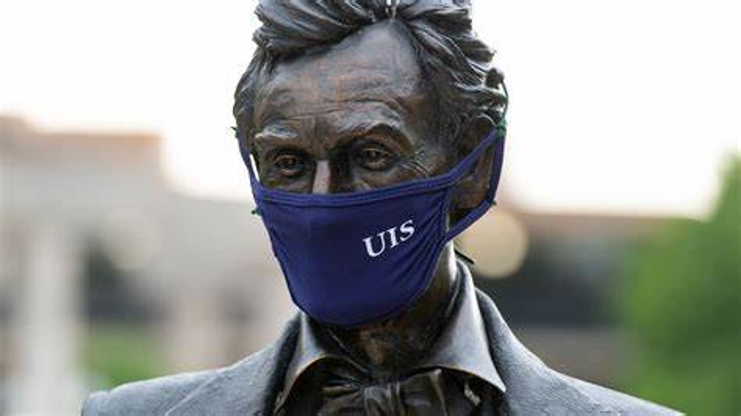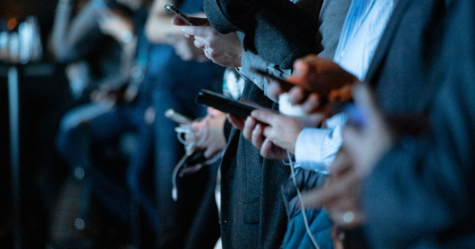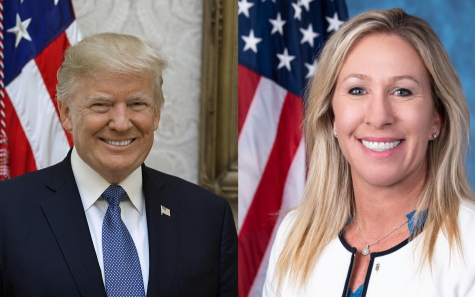FDA Approval and Vaccine Mandates
On Monday, Aug. 23, the Food and Drug Administration (FDA) motioned to fully approve Pfizer’s COVID-19 vaccine for ages 16 and up. While several major organizations already require the shot, many suggest recent action by the FDA could open a swarm of new vaccinations stemming from employer mandates.
In response to Pfizer’s full FDA approval, President Joe Biden pleaded with private employers to mandate the vaccine. “If you’re a business leader, a non-profit leader, a state or local leader, who has been waiting for full FDA approval to require vaccinations, I call on you now to do that”, Biden states.
Biden goes on to say, “Do what I did last month. Require your employees to get vaccinated or face strict requirements.” On July 29, Biden mandated vaccines for federal workers returning to the workplace. The U.S. Department of Defense followed suit. Roughly 11 million federal workers and military are now subject to a mandatory vaccine or other strict stipulations.
The vaccine has become a symbol of the divisiveness surrounding the country today. Nationally, roughly 52 percent of Americans have been fully inoculated, despite the vaccine being available for months with an adequate supply.
Some have called on respective states to mandate vaccines. States have the upper hand in mandating vaccines for primarily two reasons. Police powers allow states to exercise special measures to ensure the welfare, health and safety of their citizens under the Tenth Amendment of the Constitution.
While states do not have arbitrary power, The U.S. Supreme Court has twice upheld vaccine requirements. In Jacobson v. Massachusetts, the Court held that individual liberty is limited under police powers. The Court concurred that the State could, in fact, enforce vaccine mandates.
In Klaassan v. Indiana University, eight students brought about a case in defiance of recent vaccine mandates on campus. The Court’s opinion stated that the Fourteenth Amendment, “prevents a public university—an arm of the State—from mandating a vaccine for its students unless it has rationally pursued a legitimate interest in public health for its campus community”. However, The Supreme Court ruled that the COVID-19 pandemic constitutes existential circumstances which warranted such measures.
For the Fall 2021 semester, UIS has taken significant safety measures against COVID-19 and the ever spreading Delta variant. Between a vaccine requirement, mask mandates, and weekly testing through the highly venerated SHIELD Illinois system, UIS is taking every step necessary for a COVID-19-free semester.
Accounting major Grant Beeler said he supports the University’s vaccine requirement. Beeler goes on to state, “I think it is important for students to be vaccinated so we can all continue classes on campus and keep from going fully remote again.”
Although UIS is still unsure of how enrollment numbers have been affected by the vaccine mandate, Director of Public Relations, Derek Schnapp says the University is confident. “Our vaccine requirement has received widespread support. A large majority of our on-ground community has complied with the requirement in a timely fashion and we are proud of our faculty, staff and students for helping us stay united in safety.” Schnapp goes on to say, “The COVID-19 vaccine has been proven to be safe and effective, and the recent FDA approval of the Pfizer vaccine supports that.”
Nursing major Kerri Duzan feels differently about UIS’s vaccine requirement. “I do not think the vaccine should necessarily be mandatory, but rather strongly encouraged. There is still a lot unknown, so as of now, I think the masks and daily health checks are sufficient enough to keep everyone safe.” Duzan said, “It is a smart decision to get vaccinated, but you cannot always change the minds of stubborn individuals.”
As of Monday, Aug. 30, mask mandates are back in place across Illinois as cases continue to rise. These mandates also include vaccine requirements for all school faculty and staff across Illinois from pre-k to the collegiate level. Those who refuse the vaccine will be required to test weekly.
For more information on mitigation measures, please see UIS: United in Safety or SCDPH.











